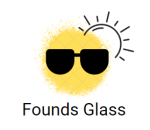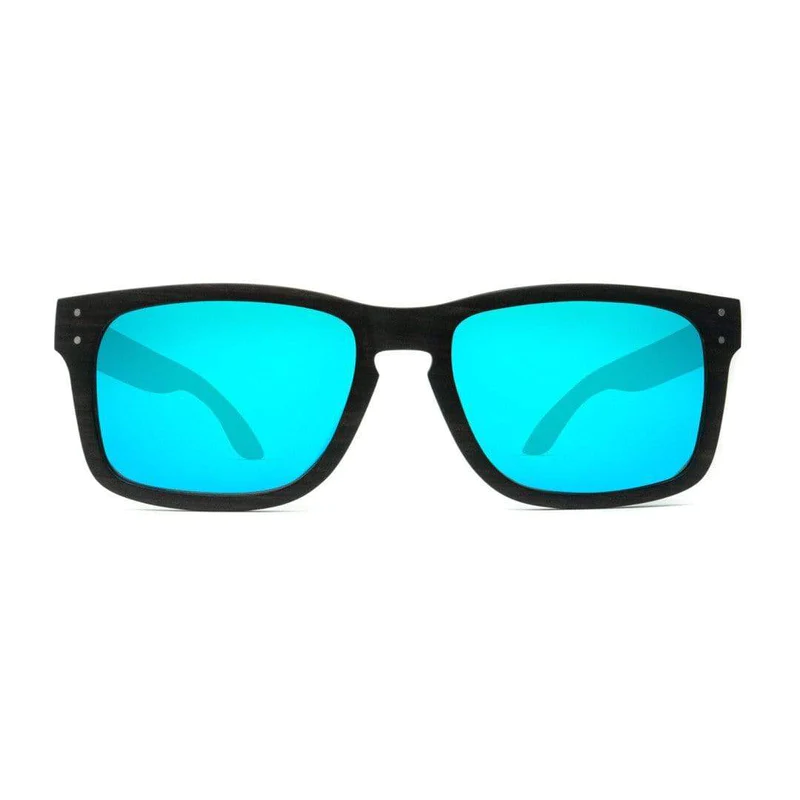In today’s digital age, many of us spend hours in front of screens, whether it’s for work, entertainment, or communication. With this increased screen time comes concerns about the potential negative effects of blue light exposure on our eyes and overall health. Blue light glasses have emerged as a popular solution, but do they really work? Let’s delve into the science behind blue light glasses to find out.
Understanding Blue Light
Blue light is a high-energy, short-wavelength light emitted by the sun and digital screens such as computers, smartphones, and tablets. While exposure to natural blue light during the day is essential for regulating our sleep-wake cycle and boosting alertness, excessive exposure to artificial blue light, especially in the evening, can disrupt our circadian rhythm and cause eye strain, headaches, and sleep disturbances.
How Blue Light Glasses Work
Blue light glasses, also known as blue light blocking glasses or computer glasses, are designed to filter out or block a portion of blue light emitted by screens. They typically feature special lenses with a coating that absorbs or reflects blue light wavelengths, preventing them from reaching our eyes.
Do They Really Work?
The effectiveness of blue light glasses in reducing eye strain and protecting eye health has been a subject of debate among researchers and eye care professionals. While some studies suggest that wearing blue light glasses can alleviate symptoms of digital eye strain, such as dryness, discomfort, and fatigue, others argue that the evidence is inconclusive or limited.
Factors to Consider
- Quality of Lenses: Not all blue light glasses are created equal. High-quality lenses with a significant blue light blocking capability are more likely to provide noticeable benefits compared to cheaper alternatives.
- Individual Variability: The impact of blue light exposure and the effectiveness of blue light glasses can vary from person to person based on factors such as age, genetics, screen usage habits, and preexisting eye conditions.
- Screen Habits: Blue light glasses may be more beneficial for individuals who spend prolonged periods in front of screens, especially during evening hours when exposure to blue light can interfere with sleep quality.
Conclusion
While more research is needed to fully understand the long-term effects of blue light exposure and the efficacy of blue light glasses, many users report experiencing subjective improvements in eye comfort and sleep quality after wearing them. Ultimately, whether blue light glasses are worth it depends on individual preferences, lifestyle, and eye care needs. If you’re concerned about the effects of blue light exposure or experience symptoms of digital eye strain, consulting an eye care professional can help determine the most suitable solution for you.
In summary, while blue light glasses may offer some benefits in reducing eye strain and improving sleep quality for certain individuals, they are not a one-size-fits-all solution. Understanding the science behind blue light and considering factors such as lens quality, individual variability, and screen habits can help you make an informed decision about whether blue light glasses are right for you.


